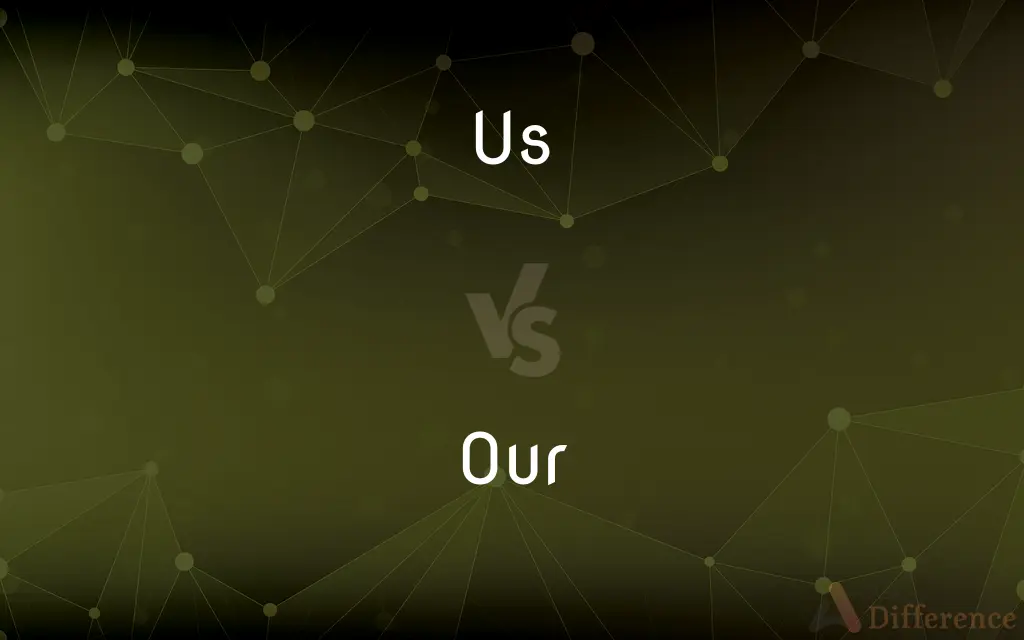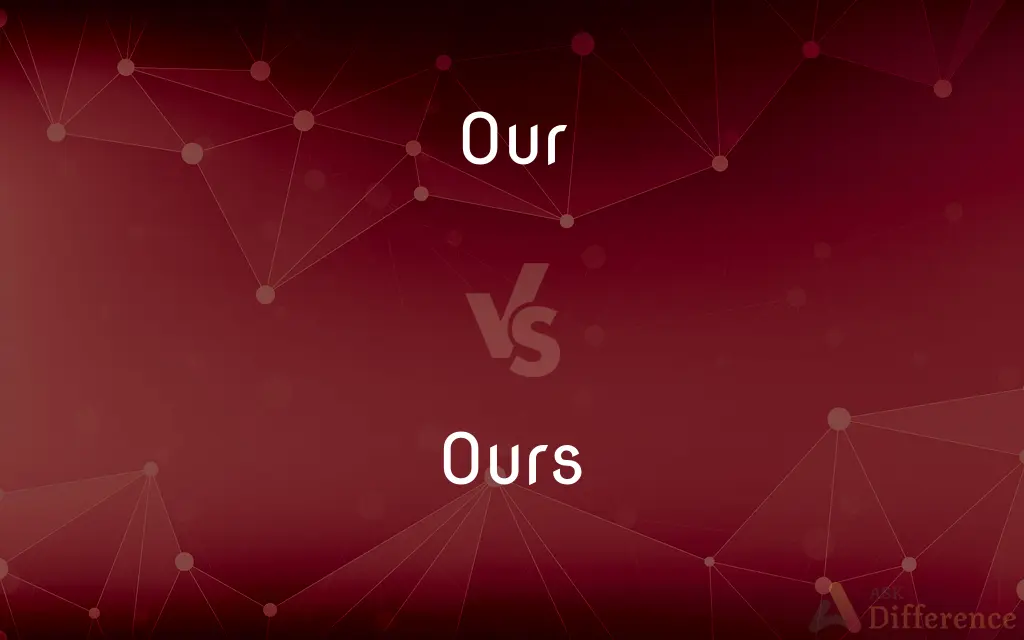Understanding Our Leaders: A Shared Path Forward
Detail Author:
- Name : Jermain Jakubowski
- Username : norwood08
- Email : nwolf@rempel.net
- Birthdate : 1992-07-01
- Address : 132 Gibson Wells Adanborough, UT 12593
- Phone : 1-220-771-0627
- Company : Kunde LLC
- Job : Molding and Casting Worker
- Bio : Nihil molestiae alias velit sint et nemo. Fuga placeat dicta distinctio veniam. Non nisi assumenda voluptates consequatur. Fugiat voluptatum officiis aut inventore.
Socials
instagram:
- url : https://instagram.com/reingerh
- username : reingerh
- bio : Velit id quibusdam aliquid quo. Consequatur voluptatum corporis distinctio modi nostrum adipisci.
- followers : 6580
- following : 1851
twitter:
- url : https://twitter.com/hipolito_reinger
- username : hipolito_reinger
- bio : Modi sint eum deleniti sint natus. Et ut tempora dolores sint esse qui in. Eum consequuntur quaerat dignissimos explicabo consectetur aut illum molestiae.
- followers : 3657
- following : 1596
linkedin:
- url : https://linkedin.com/in/hreinger
- username : hreinger
- bio : Et iusto aut impedit odio et.
- followers : 452
- following : 1911
facebook:
- url : https://facebook.com/reinger1986
- username : reinger1986
- bio : Voluptate inventore quo nisi assumenda quam quos consectetur rem.
- followers : 5655
- following : 2453
When we talk about our leaders, we're really getting at something quite deep, aren't we? It's not just about individuals in charge; it's about a collective bond, a shared sense of purpose that ties a group of people together. This idea of "our" suggests a connection, a belonging, a feeling that what happens with these guiding figures affects us all directly. It's almost like saying, "these are the people we've put our trust in, to help us move ahead, together."
There's a natural curiosity, you know, about who guides us and how that guidance actually works. Whether it's in a community, a workplace, or even a nation, the people who step up to lead play a pretty big part in shaping our daily experiences and our collective future. It's a relationship, a kind of partnership, where the actions of a few can truly influence the lives of many.
This discussion aims to look closely at what it means to have "our leaders" and how that connection truly works. We'll explore the various ways they guide us, the responsibilities we share with them, and how we can all work to make these relationships stronger for everyone's benefit. It's about seeing leadership not just as a position, but as a dynamic interplay of trust and common goals, very much a joint effort.
Table of Contents
- The Meaning Behind Our Leaders
- The Roles Our Leaders Play
- How We Relate to Our Leaders
- The Importance of Our Leaders in Today's World
- Frequently Asked Questions About Our Leaders
- Looking Ahead with Our Leaders
The Meaning Behind Our Leaders
When we use the phrase "our leaders," we're doing something more than just identifying someone in charge. It's a very particular way of speaking that tells us about a relationship, a bond, that exists between the people who guide and the people who are guided. This isn't just a casual term; it carries a lot of weight and suggests a deep connection, you know, a sort of shared destiny.
A Sense of Belonging
The word "our" itself, as a matter of fact, really highlights a feeling of ownership or association. It means "of or relating to us or ourselves," especially as people who possess something, or as agents doing something, or even as the objects of an action. So, when we say "our leaders," it's like saying these people belong to us, in a way, or they are associated with our group. It fosters a sense of collective identity, a feeling that we are all in this together, and these individuals represent a part of our shared identity, a bit like saying "our parents" or "our home."
This sense of belonging means that the successes and difficulties of our leaders often feel like our own. It's a shared journey, really. We see their efforts as part of a larger effort that includes everyone in the group, whether that group is a small team or a large community. This collective feeling helps to build stronger bonds within the group itself, and that, you know, is pretty important for moving forward.
Shared Purpose and Direction
Beyond just belonging, the idea of "our leaders" also points to a shared purpose. These are the people who help us define our common goals and work towards them. They are agents, in a way, acting on behalf of the group, with the group's best interests at heart. Their main purpose, you could say, is to help everyone achieve what they need to achieve, to reach a common destination. This very much implies that there's a direction we're all aiming for, and our leaders are helping to set the course.
Consider, for example, a community working on a big project. The people guiding that project are "our leaders" because they are helping to organize the efforts of everyone involved, ensuring that all actions contribute to the same outcome. It's a powerful idea, this collective movement towards a shared vision, and it relies heavily on clear guidance and a common understanding of what needs to be done. This shared understanding, quite frankly, is what makes progress possible.
The Roles Our Leaders Play
The responsibilities of our leaders are pretty varied, honestly. They don't just stand at the front; they perform many different tasks that are all about keeping the group moving smoothly and effectively. Their actions, very often, have a ripple effect that touches everyone involved, so their various duties are quite significant for the well-being of the whole.
Guiding the Collective Journey
One of the main things our leaders do is provide guidance. They help to show the way, offering direction when things might seem unclear. This guidance can come in many forms, like setting a vision for the future, creating plans to get there, or even just offering wise advice when tough choices come up. They are, in a way, like the compass for the group, helping everyone stay on track, which is quite important for any shared endeavor.
For instance, think about a big change happening in a town. The people leading that change are there to help everyone understand what's happening, why it's happening, and how to adapt. They help to calm fears, answer questions, and make sure that the path forward is as clear as it can be for all involved. This kind of guiding hand is essential for making sure that transitions are smooth and that everyone feels supported throughout the process.
Making Decisions for the Group
Our leaders are also often the ones who make important decisions that affect the whole group. These decisions can range from small, everyday choices to big, impactful ones that shape the future. They typically gather information, listen to different viewpoints, and then choose a path they believe will be best for everyone. This role carries a lot of responsibility, as their choices directly influence the experiences of others, so it's a very serious undertaking.
It's not always an easy task, making these choices. There can be many different opinions, and finding a solution that works for the majority, or even for everyone, takes a lot of thought and consideration. A good leader, you know, will try to understand all sides of an issue before settling on a course of action. This thoughtful approach helps to build trust and shows that they care about the well-being of the entire group.
Representing Our Collective Voice
Another key role our leaders fill is that of a representative. They speak for the group, sharing our collective thoughts, needs, and desires with others. This can be to other groups, or to higher authorities, or even to the wider world. When they speak, they are, in a way, giving voice to all of us, which is a powerful thing. This helps to ensure that our concerns are heard and that our interests are looked after.
Imagine a situation where a community needs to talk to a larger organization about a local issue. The people chosen to represent that community are "our leaders" in that moment. They carry the hopes and concerns of their neighbors, and they work to make sure those concerns are addressed. This act of representation is vital for ensuring that the group's needs are met and that its position is clearly understood by others, a truly important job.
How We Relate to Our Leaders
The connection between a group and its leaders isn't a one-way street, not at all. It's a dynamic relationship that requires effort and participation from both sides. How we, as individuals and as a collective, interact with our leaders plays a huge part in how effective their guidance can be and how strong our shared journey becomes. It's a give and take, you might say, a very important dance.
Building Trust and Open Communication
For any leadership to work well, trust is pretty much essential. We need to feel that our leaders are acting with integrity and that they truly have our best interests at heart. This trust isn't just given; it's built over time through consistent actions, honest communication, and a willingness to listen. When leaders are open about their decisions and explain their reasoning, it helps us to understand and support their efforts, which is really quite helpful.
Likewise, our part involves communicating openly with them. Sharing our thoughts, concerns, and ideas helps leaders make more informed decisions. It's about creating a space where everyone feels comfortable speaking up, knowing that their voice matters. This kind of back-and-forth conversation strengthens the bond and ensures that leadership remains connected to the needs of the people it serves, a crucial link, you know.
Our Role in Supporting and Shaping Leadership
We also have a significant role in supporting our leaders. This doesn't mean blindly agreeing with everything, but rather engaging constructively. It could involve participating in community discussions, offering help when needed, or even providing thoughtful feedback. Our active involvement helps leaders feel supported and gives them the resources they need to do their jobs well, which is, quite frankly, a big deal.
Furthermore, we help to shape leadership itself. Through our engagement, our choices, and our collective expectations, we influence the kind of leadership that emerges and thrives. If we value certain qualities, like transparency or fairness, and express that, then leaders who embody those qualities are more likely to come forward and succeed. It's a continuous process of mutual influence, where we, the people, help to define what good leadership looks like for us. Learn more about leadership and community on our site, as a matter of fact.
The Importance of Our Leaders in Today's World
In our current times, with so many changes and challenges happening all around us, the role of our leaders feels more important than ever. They are the ones who often help us make sense of a complex world and guide us through uncertain periods. Their ability to bring people together and focus collective energy is truly invaluable for everyone involved.
Facing New Challenges Together
The world today presents many new and sometimes surprising challenges, from global shifts to local issues. Our leaders are often at the forefront of figuring out how to respond to these new situations. They need to be adaptable, thoughtful, and capable of bringing different perspectives together to find solutions. When they do this well, it helps all of us feel more secure and ready to face whatever comes our way, a very reassuring presence.
Consider, for example, the need for new ways of thinking about shared resources. Our leaders might be the ones to introduce new ideas or practices that help everyone manage these resources better. Their ability to see the bigger picture and to encourage collective action is essential for tackling problems that affect us all. This kind of foresight and collaborative spirit is, you know, pretty much what we need right now.
Fostering Unity and Progress
Perhaps one of the most vital roles our leaders play is in fostering unity. In a world that can sometimes feel divided, they have the chance to bring people together around common goals and shared values. By emphasizing what connects us rather than what separates us, they can help build stronger, more cohesive groups and communities. This unity is the foundation for any real progress, so it's a truly critical function.
When our leaders successfully create a sense of shared purpose, it allows for incredible things to happen. People are more willing to work together, to support one another, and to contribute their individual talents for the greater good. This collective energy, guided by thoughtful leadership, can lead to remarkable achievements and a better future for everyone. It's about moving forward, hand in hand, towards a brighter tomorrow, which is a really inspiring thought.
Frequently Asked Questions About Our Leaders
People often have questions about the role of leaders and how we interact with them. Here are a few common inquiries, you know, that come up quite a bit.
What does 'our leaders' truly mean for us?
It means a lot, actually. It suggests a deep connection, a sense of shared ownership and responsibility. "Our leaders" are those individuals who guide a group that includes us, acting on our behalf and with whom we share a collective journey and purpose. It's about a mutual relationship, really, where their actions directly affect our shared experiences and future.
Why are leaders important to 'us' as a group?
Leaders are important because they provide direction, help make decisions for the common good, and represent our collective voice. They help to organize efforts, resolve disagreements, and keep the group focused on its goals. Without them, it would be much harder for groups to achieve anything significant, which is pretty clear, if you think about it.
How can 'we' engage effectively with 'our leaders'?
Engaging effectively involves building trust through open communication, offering constructive feedback, and participating in shared efforts. It means supporting their initiatives when appropriate and also holding them accountable in a respectful way. Your active involvement helps to shape the quality of leadership and ensures it stays connected to the needs of the group, a truly vital interaction.
Looking Ahead with Our Leaders
The concept of "our leaders" is, at its core, about a shared journey. It's about recognizing that we are all connected, and that the people who guide us are an integral part of our collective story. This understanding helps us to see leadership not as something separate from us, but as something that belongs to us, something we all have a stake in. It's a relationship built on mutual respect and a common desire for progress, very much a partnership.
As we move forward, it's pretty clear that the strength of this relationship will continue to shape our communities and our world. By fostering open conversations, building trust, and actively participating in the process, we can ensure that our leaders are truly serving the collective good. This ongoing engagement helps to create a future where everyone feels valued and where shared goals are pursued with dedication and unity. It's about working together, you know, towards a common, brighter horizon. Learn more about collective action and leadership and how it shapes our world.
For more insights on the dynamics of leadership and community building, you might find valuable information at a reputable institute for leadership studies, which is quite a helpful resource.

Our Definition & Meaning | YourDictionary

Us vs. Our — What’s the Difference?

Our vs. Ours — What’s the Difference?